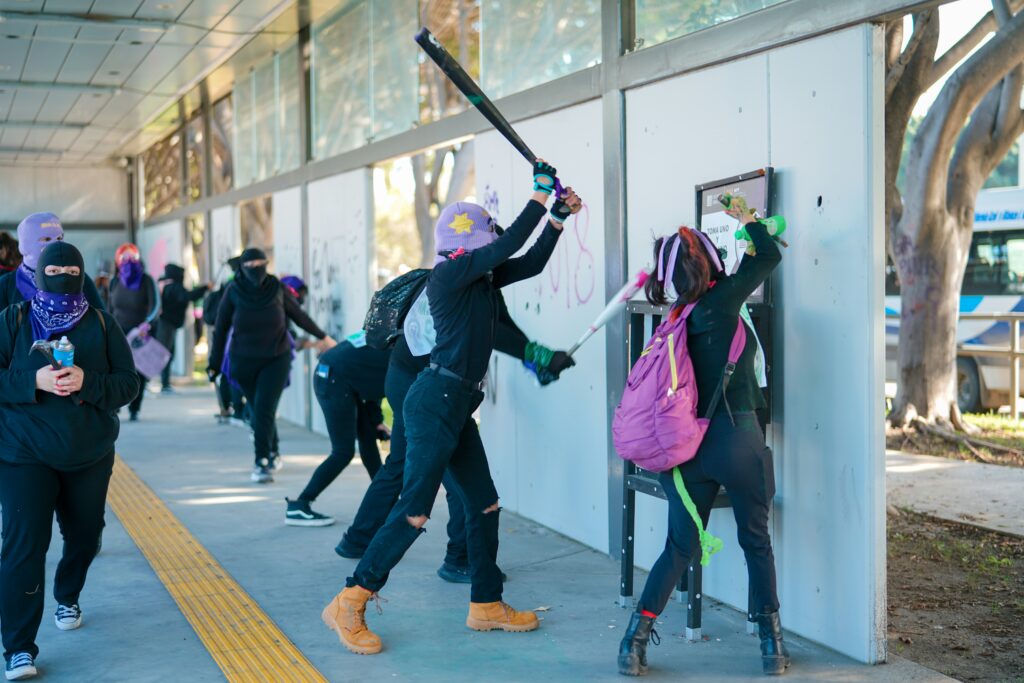
Introduction
Few incidents capture the public’s attention as starkly as an act of violence in a crowded, everyday space. Following a disturbing machete attack at a shopping center, the Australian government has moved swiftly to implement a nationwide ban on machetes. While public safety is undeniably a priority, this decision has sparked intense debate, balancing personal freedoms with the promise of collective security.
This article takes an in-depth look at the incident, the proposed machete ban, and its broader implications. From understanding the details of the legislation to exploring public sentiment and expert opinions, we’ll provide a comprehensive analysis of this critical issue.
The Incident A Detailed Account
The tragic shopping center attack that set this legislative action into motion unfolded on [specific date] at [specific location]. Eyewitnesses described the chaos as an individual armed with a machete injured multiple people, creating a scene of panic and fear among bystanders. [Insert any available eyewitness accounts or quotes.]
Authorities quickly responded, apprehending the perpetrator and ensuring the injured received immediate medical attention. While the full details of the motive are still unfolding, this incident underscored the ease with which such weapons could cause widespread harm.

Public and Political Reaction
The public’s response was immediate and multifaceted. Social media was abuzz with calls for stricter regulations on the sale and possession of machetes. Many citizens expressed concern for their safety in public spaces, urging the government to take decisive action.
On the political front, officials across party lines united in condemning the attack. Australia’s Prime Minister labeled the incident an “unacceptable act of violence,” promising swift action to prevent similar occurrences. Opposition parties have also broadly supported the ban, though some have raised questions about its implementation.
The Legislation Understanding the Machete Ban
The proposed legislation seeks to ban the possession, sale, and importation of machetes across Australia. This includes all types of machetes, from gardening tools to those marketed for recreational or decorative purposes.
Key provisions include:
- Scope: A blanket ban on all machetes, with limited exceptions for specific professions like agriculture or conservation.
- Penalties: Severe fines and potential imprisonment for possession or distribution of machetes without authorization.
- Enforcement: Strict monitoring mechanisms, including collaboration with law enforcement agencies and retail regulation.
Arguments For and Against the Ban
Arguments in Favor
- Enhanced Public Safety: Supporters argue that removing machetes from circulation reduces the likelihood of similar attacks.
- Crime Prevention: A ban could act as a deterrent, making it harder for potential offenders to access such weapons.
- Symbolic Action: Demonstrates that the government is prioritizing citizen safety, potentially restoring public trust.
Counterarguments
- Impact on Legitimate Users: Farmers, gardeners, and outdoor enthusiasts who rely on machetes for practical purposes may face hurdles in accessing necessary tools.
- Efficacy Concerns: Critics suggest that those intent on causing harm could simply resort to other weapons.
- Overreach: The ban raises questions about the balance between public safety and individual freedom.
Legal and Constitutional Implications
At its core, this legislation tests Australia’s constitutional commitment to individual liberties. Critics worry the law could face legal challenges, arguing it infringes on fundamental rights. Others counter that public safety often necessitates such trade-offs.
Experts have pointed to potential conflicts with existing laws, including those surrounding self-defense and property rights. Striking the right balance in the law’s language will be critical to avoiding prolonged legal battles.
Comparative Analysis Machete Bans in Other Countries
Australia is not the first country to grapple with issues of machete violence. A look at other nations provides valuable insights into the efficacy of similar bans.
United Kingdom: The UK has strict knife laws, including specific provisions around “zombie knives,” which are often sold as collectibles. The ban has reportedly reduced public possession of such weapons.
United States: While regulations vary by state, many regions have laws restricting the open carry of machetes. However, enforcement often lags.
Canada: Canada’s approach focuses more on intent, allowing possession of machetes but criminalizing their use for violence.
Comparative studies suggest that while bans may reduce availability, they must be coupled with education and enforcement to be effective.
Alternatives to a Ban
Critics of the machete ban argue that alternative measures could address the issue without a blanket prohibition. Potential alternatives include:
- Stricter Retail Regulations: Require background checks or permits for machete purchases.
- Improved Law Enforcement Resources: Strengthen the capacity to track and prosecute offenders.
- Mental Health Support: Addressing underlying issues that often contribute to violent behavior.
Evaluating these measures alongside the proposed ban could provide a more comprehensive approach to public safety.
Community Impact and Social Considerations
The machete ban will likely have varied effects on different communities. For some, it will signal enhanced safety and a government response to public concerns. For others, particularly professional machete users, it may introduce logistical challenges and additional costs.
Additionally, the ban’s implementation could influence perceptions of safety, with citizens feeling reassured or, alternatively, restricted. Addressing these social considerations will be crucial to the ban’s success.
Expert Opinions and Analysis
Criminologists highlight the complexity of preventing knife crime, emphasizing the importance of multifaceted approaches. Legal experts have called for clear guidelines to ensure the law is enforceable and respects individual rights.
Community leaders have stressed the need for public education campaigns alongside the ban, aiming to address root causes of violence.
The Future Implications and Predictions
Fast-tracking this ban signals a broader trend toward stricter weapon regulations in Australia. Long-term, the ban’s effectiveness will depend on enforcement measures, public cooperation, and complementary solutions like mental health initiatives.
Policymakers may also consider expanding such bans to include other weapons or focusing on preventative education measures. Monitoring crime rates and conducting regular reviews of the law’s impact will be essential to fine-tuning its implementation.
People Also Ask
1. Why is Australia banning machetes?
Australia is banning machetes to enhance public safety following a violent shopping center attack.
2. How does the machete ban work?
The ban prohibits the sale, possession, and importation of machetes, with exceptions for specific professions.
3. Are there penalties for breaking the machete ban?
Yes, violations may result in heavy fines and potential imprisonment.

FAQ Section
1. Can I still buy a machete for gardening?
Yes, but only with proper authorization under the new law.
2. When will the machete ban take effect?
The exact date has yet to be announced but is expected within the next few months.
3. Are similar bans in place for other weapons?
Australia already has stringent gun laws and may expand regulations to other weapons in the future.




